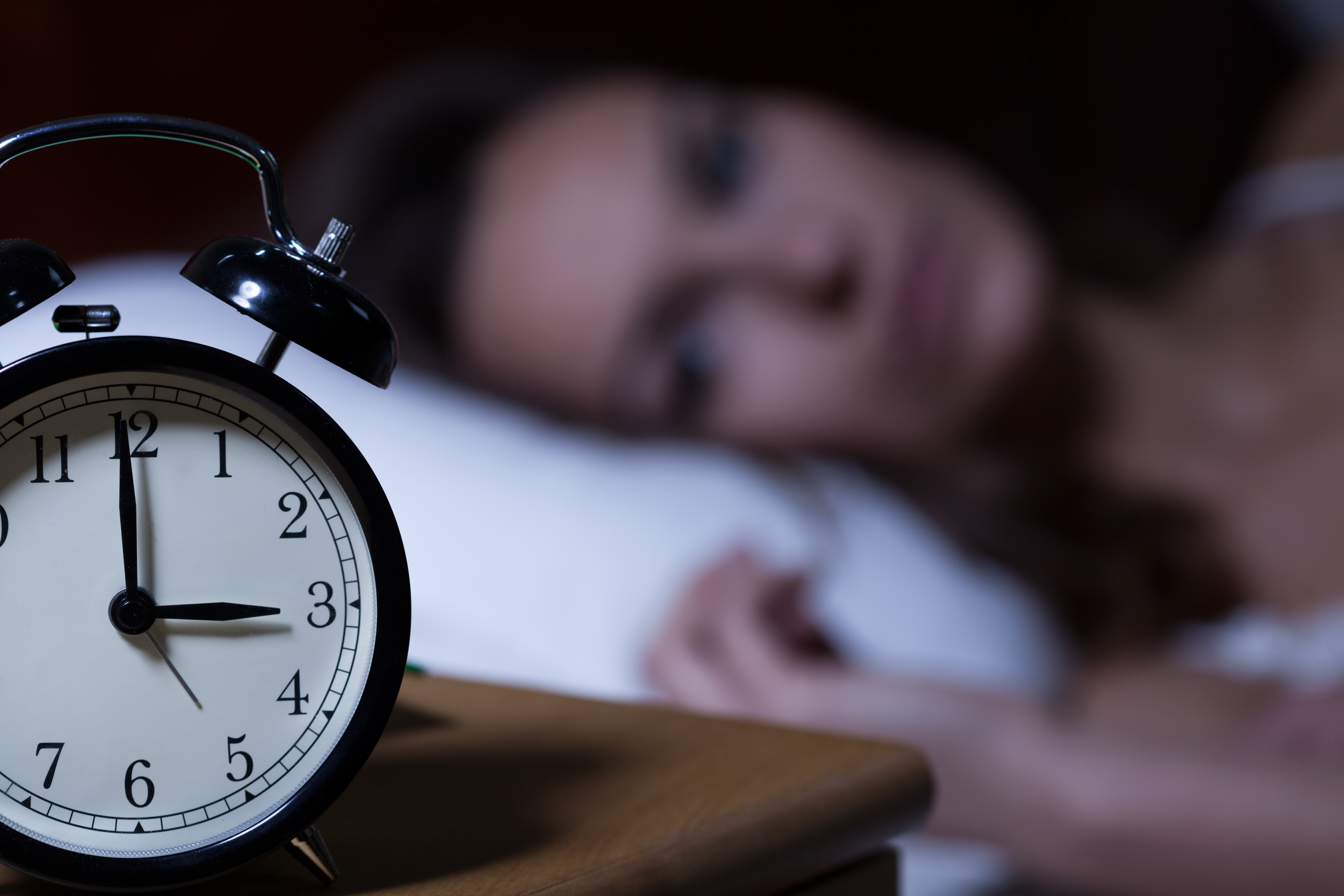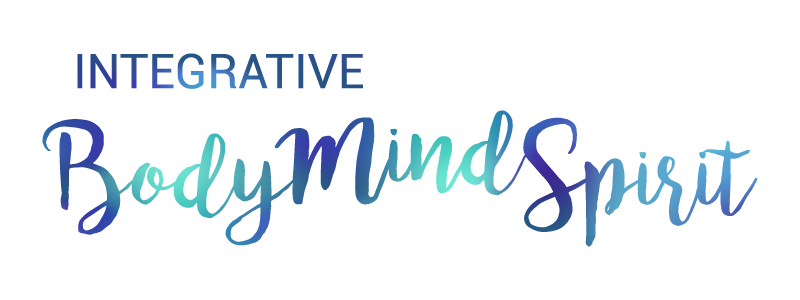Sleep
What is Sleep Problem?
Common sleep problems include insomnia, sleep apnea, restless leg syndrome, and narcolepsy, among which, insomnia frequently co-exist with other sleep disorders. In effect, insomnia may be the most common but least treated conditions in general population.
Globally, more than 30% adults experienced insomnia symptoms during their lifetime and 6%-10% meet criteria for insomnia diagnosis (APA, 2013). However, individuals in such conditions remained largely unrecognized and untreated due to lack of knowledge and insufficient health care resources.

What challenges are faced by people with sleep problem?
Sleep problem has increasingly become a public health issue that significantly affects individuals’ physical and mental conditions. Sleep disorders are featured by abnormal sleep/wake patterns which not only exert distresses on a person during the night but also cause tremendous impairments in daily functioning of the person. Persons with insomnia usually complain about their sleep quality and quantity, and daytime distress following a sleepless night. Difficulty in falling into sleep, difficulty in maintaining sleep (nighttime awakenings) and early morning awakening (cannot return sleep again) are three featured symptoms experienced by poor sleepers. During the day, the person may feel drowsy, sleepiness and irritable. His/her social functioning such as working, social, or studying can also be severely affected that may further exacerbate their worries and concerns about nighttime sleep and eventually, a vicious cycle is fastened.
How I-BMS can help individuals living with sleep problem?
Currently, available treatments for insomnia include sleeping tablets (prescribed hypnotics), alternative supplements (e.g. melatonin), psycho-social therapies (e.g. Cognitive-behavioral therapy for insomnia) and Complementary and alternative medicines (herbs, acupuncture, mind-body exercises). Unfortunately, these methods are not all easily accessible for individuals with insomnia, especially those non-pharmacological approaches. As regard for sleeping pills, some worry about the side-effects and addiction issues and are usually unwilling to resort to them. I-BMS group works for insomnia is an integrative model of care which comprises multiple modules to address three factors leading to insomnia. First of all is mind-body education to help participants understand interrelations among stress, sleep, and emotion. Then, evidence-based mind-body exercises will be taught to ease participants’ bodily irritability along with insomnia and anxiety toward their sleep problems that include acupressure, easy Qigong movements, and breathing meditation and so on. Group discussions based on certain experiential activities are conducted to broaden participants’ views on stress-related issues in their life. Apart from awareness and recognition of mind-body connections, IBMS also highlight the acceptance of the undesirable (e.g. life stressors and insomnia), and letting go of the Jizhou referring to rigid attachment to various desires, which include the expectation of “perfect sleep”. In addition, cultivation of positive psycho-spiritual qualities is highlighted through gratitude practices, loving-kindness meditations and peer supports which aim to help participants regaining peaceful mind from distressing insomnia experiences.

What are the findings from I-BMS projects?
Systematic researches have been conducted to evaluate the effectiveness of the program (Chan et al.,2013,2016; JI 2015,2015). It is found that I-BMS can significantly improve the overall sleep quality of participants and the program also benefits their holistic wellbeing. Most of them found one teaching from I-BMS is quite useful and enlightening which connoted meanings of acceptance and non-attachment. It was “lying in bed peacefully is also a kind of rest for my body. Falling asleep is not the only way to be tranquil”.

